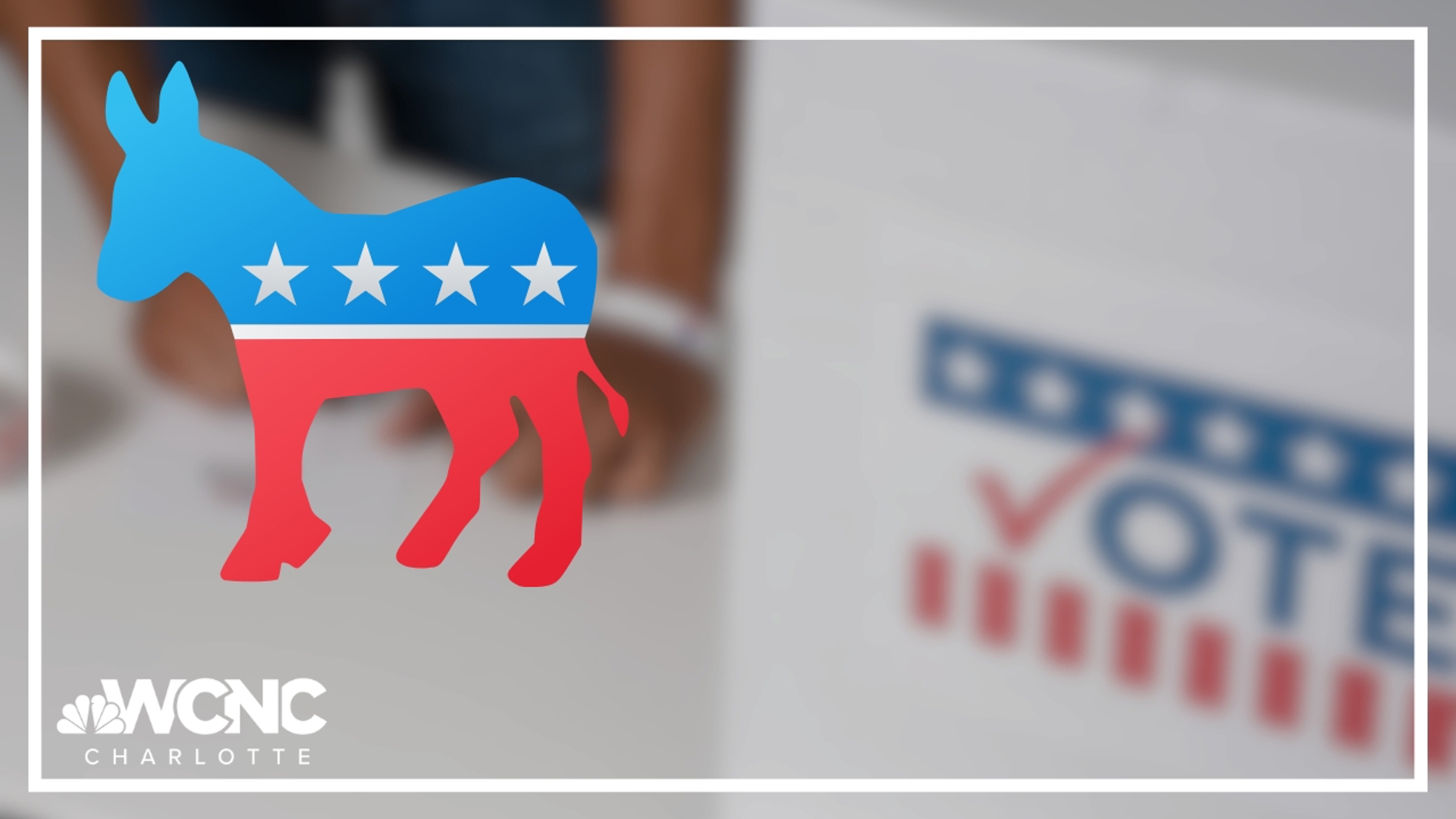COLUMBIA, S.C. (AP) -- Bidding to maintain South Carolina's anti-union status, Republican legislators want to exempt businesses from a proposed federal rule that they notify workers of their rights to unionize.
The so-called employer free speech act, co-sponsored by 63 House members, is the latest show of lawmakers' disdain for unions in a state that markets itself as anti-union. A House panel advanced the bill Wednesday to the full Judiciary Committee.
South Carolina has long prided itself on being a right-to-work state, said the main sponsor, Rep. Alan Clemmons, R-Myrtle Beach. I have a visceral objection to employers being forced to espouse rhetoric they don't support.
He also said the anti-union status is a key development tool in South Carolina, which recently has lured such big projects as a Boeing Inc. jetliner plant and an Amazon warehouse while struggling with an unemployment rate above 10 percent.
South Carolina's conservative leadership has repeatedly battled the federal government under President Obama's administration, most prominently on the federal health care law. Last week, Republicans in the House pushed through a measure meant to eventually allow states to repeal federal mandates, through a long and unlikely path involving a Constitutional Convention.
South Carolina, like how many other states, bars government employees from collective bargaining. Just 5.4 percent of workers in the state were covered by unions in 2009, a tie with Virginia. North Carolina ranked last with 4.4 percent, according to data from the federal Census.
Opponents of unions bristle at the federal proposal put forward by the National Labor Relations Board after it gained its first Democratic majority in a decade through appointments by President Barack Obama.
The NRLB proposal would mandate that businesses post, in color and at least 11-by-17 inches in size, the 1935 federal law that guarantees employees' rights to bargain collectively, distribute union literature and engage in other union activities without reprisal. Other agencies require similar postings on minimum wage, civil rights, overtime, and other workforce protection laws.
The labor board received more than 5,000 responses during the public comment period, which ended Tuesday. No date has been set on a decision.
An NRLB fact sheet said the purpose of the proposal, which would apply to private employers subject to the labor law, is to increase knowledge of the NLRA among employees, to better enable the exercise of rights under the statute, and to promote statutory compliance by employers and unions.
Companies with federal contracts already must post the notice, under a White House executive order that took effect last June.
The labor relations agency knows of no other state fighting its proposal like South Carolina. It had no comment on the measure.
Gov. Nikki Haley applauded Clemmons' measure introduced two weeks ago in the House.
We are not going to post posters that encourage unions. It's ridiculous, she said. No, we don't need to be posting posters up there that say, 'Oh, guess what? There are unions our there.' I think it sends a bad message.
A week into office, the new Republican governor was sued in federal court by a machinists union for saying the state would try to keep unions out of the Boeing Inc. plant in North Charleston.
Construction began in November 2009, after Boeing selected North Charleston over Washington state to take advantage of a nonunion workforce and incentives approved by South Carolina legislators. The plant, set to open this summer, is the largest single industrial investment in South Carolina history and is expected to create 4,000 jobs.
The state is already at odds with the labor relations board over a constitutional amendment approved by voters last November that guarantees workers the right to secret ballots in union elections. The Legislature still must ratify the change.
The labor board threatened to sue South Carolina and three other states -- Arizona, South Dakota and Utah -- saying the changes to their state constitutions conflict with federal law. The attorneys general from all four signed a letter pledging to defend a lawsuit.
The sides are negotiating.

